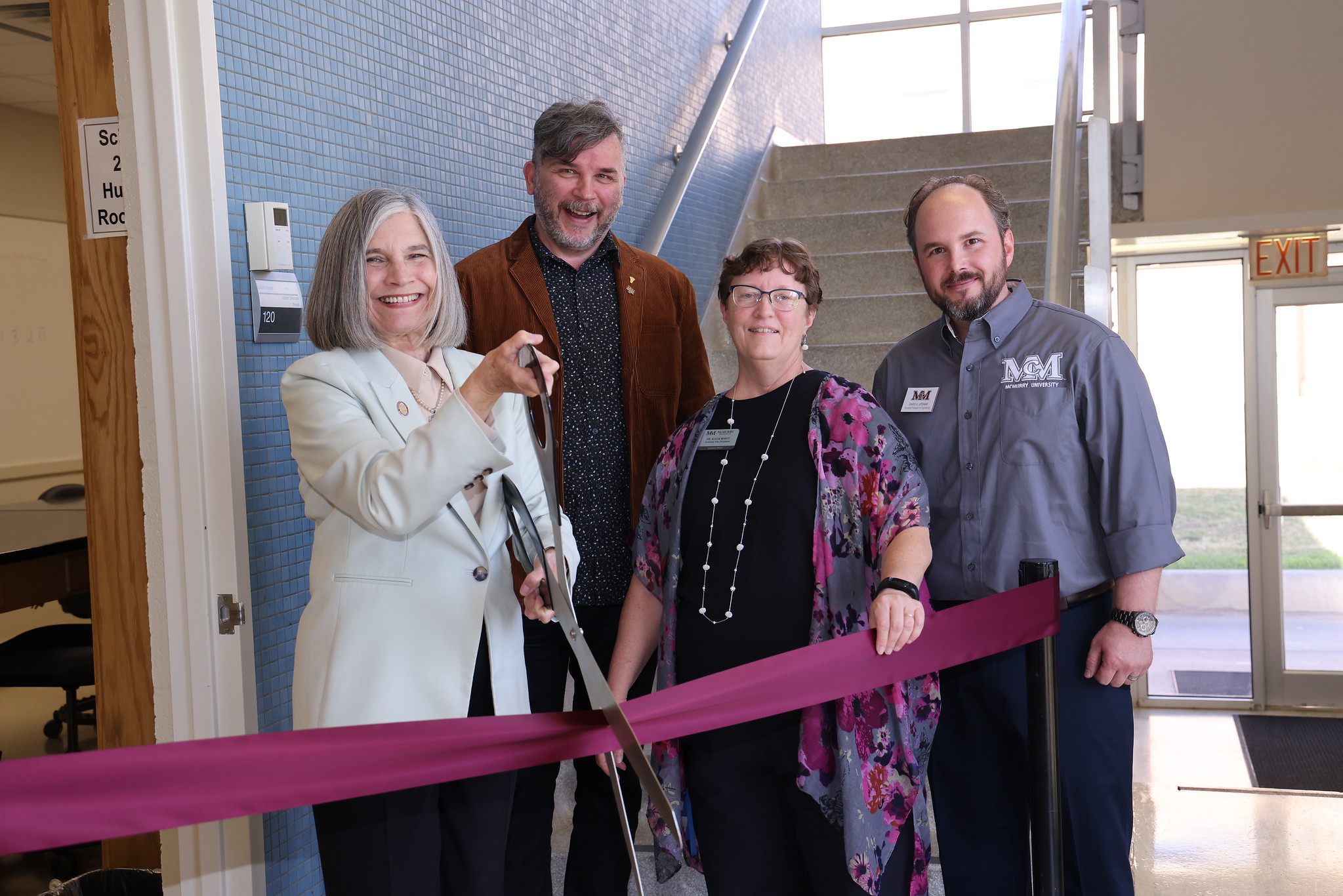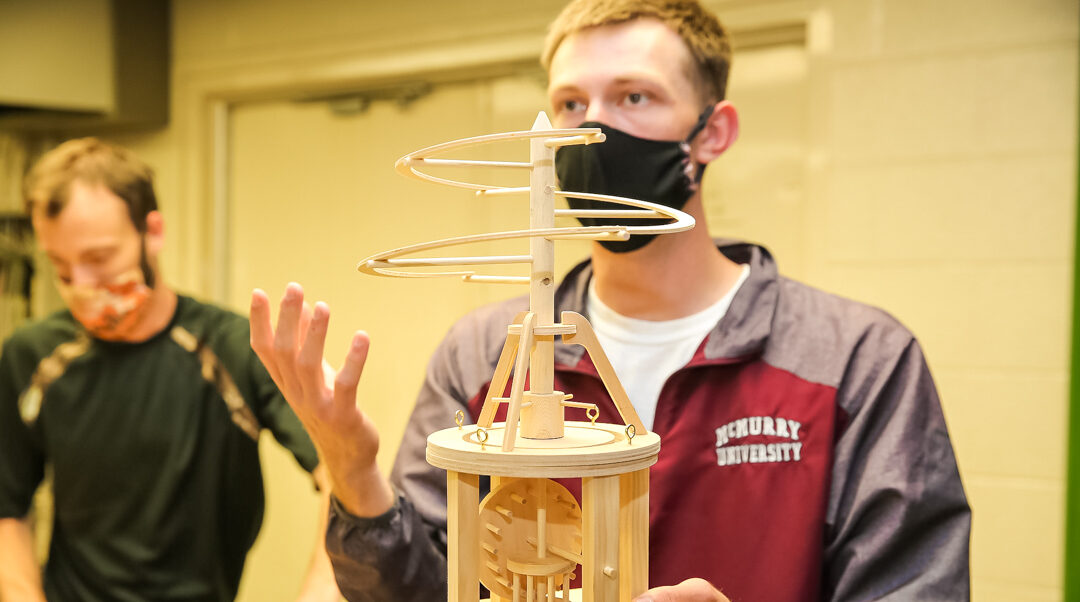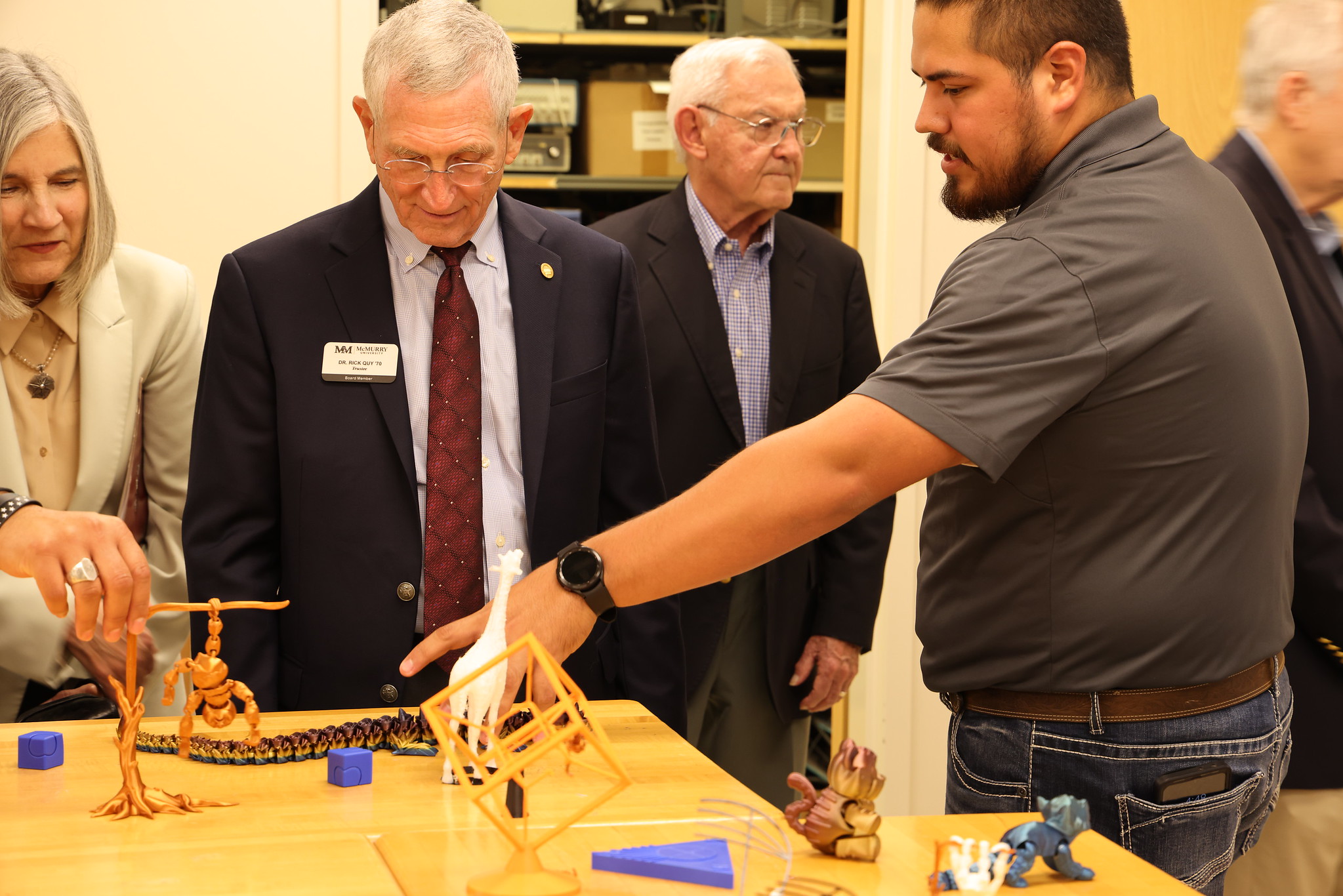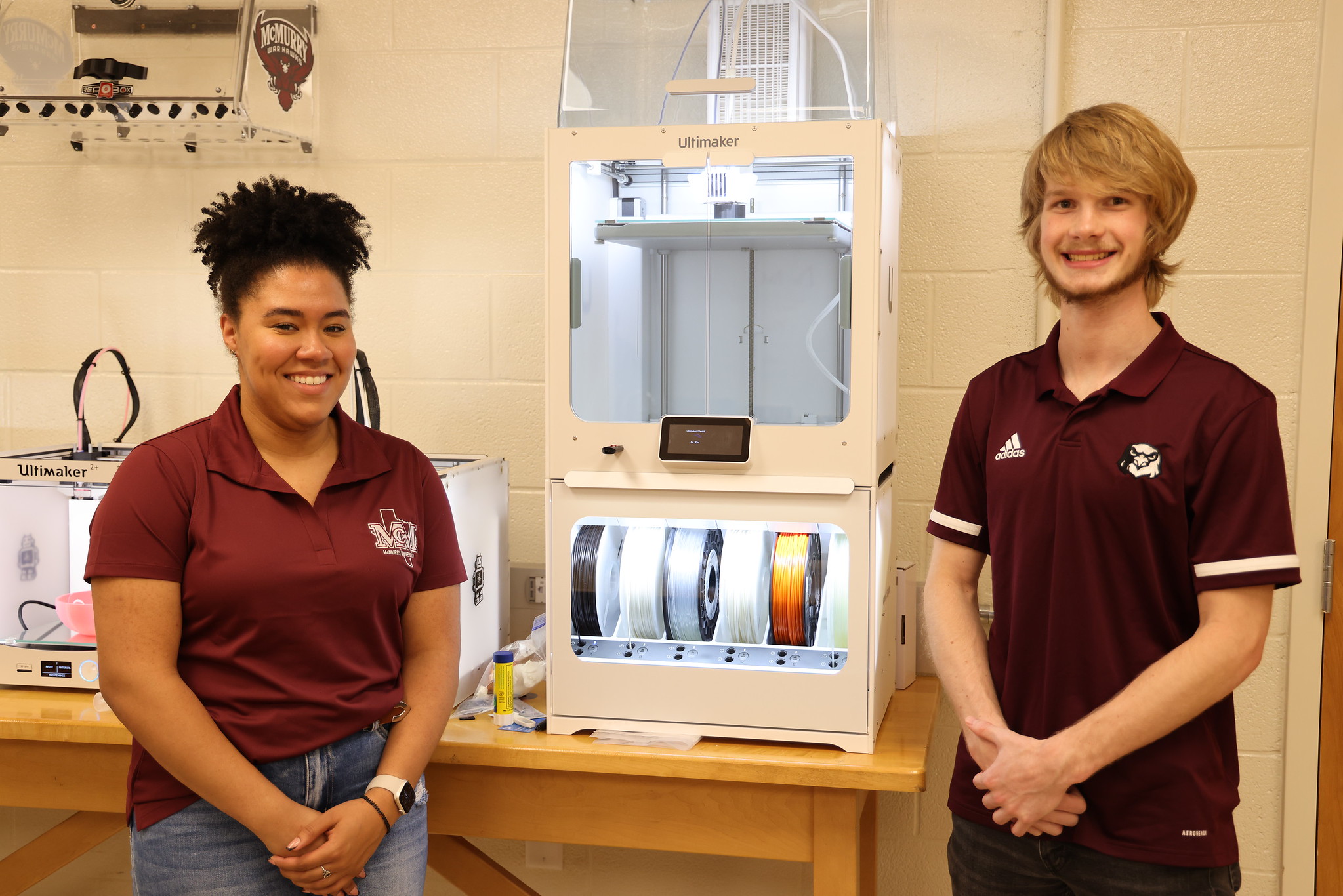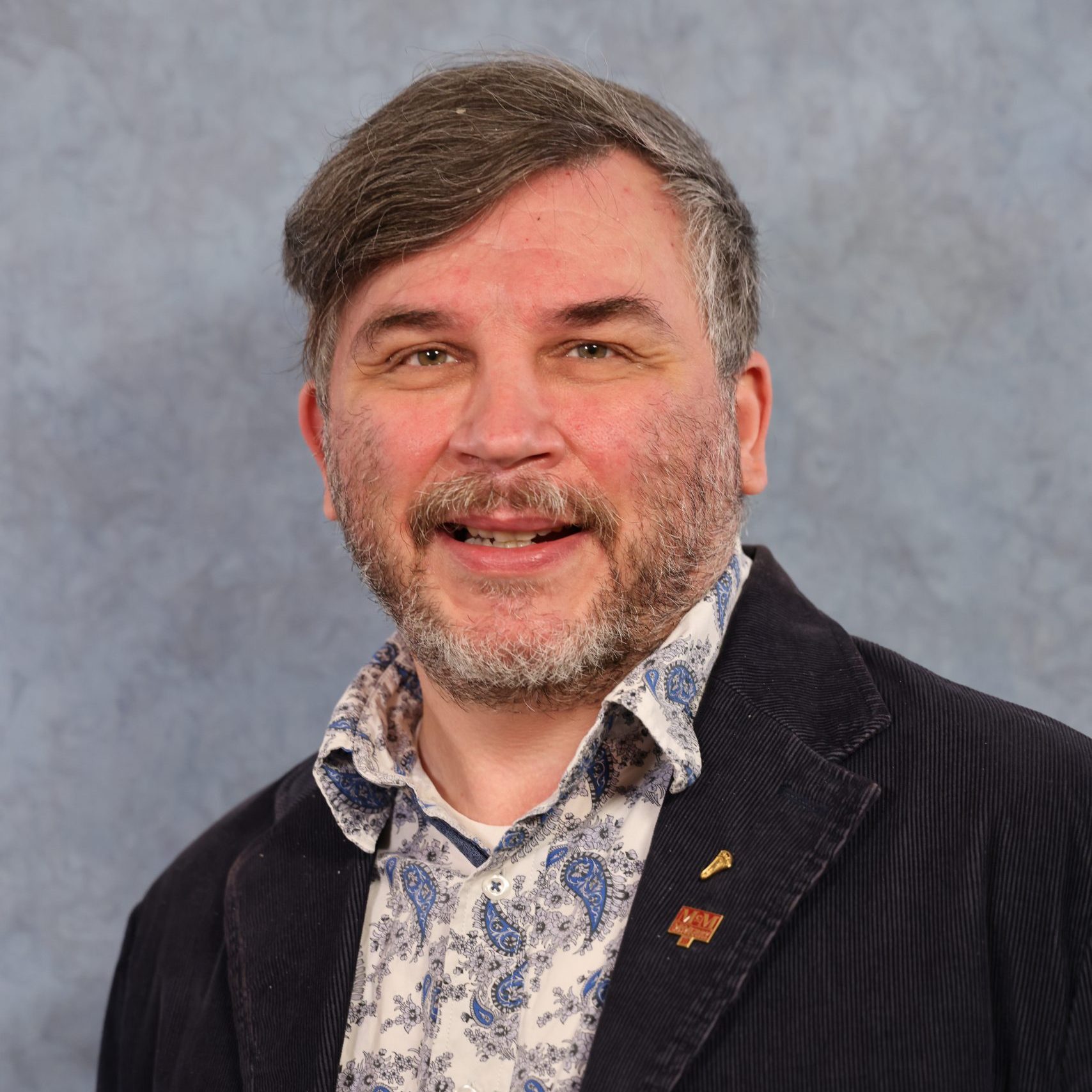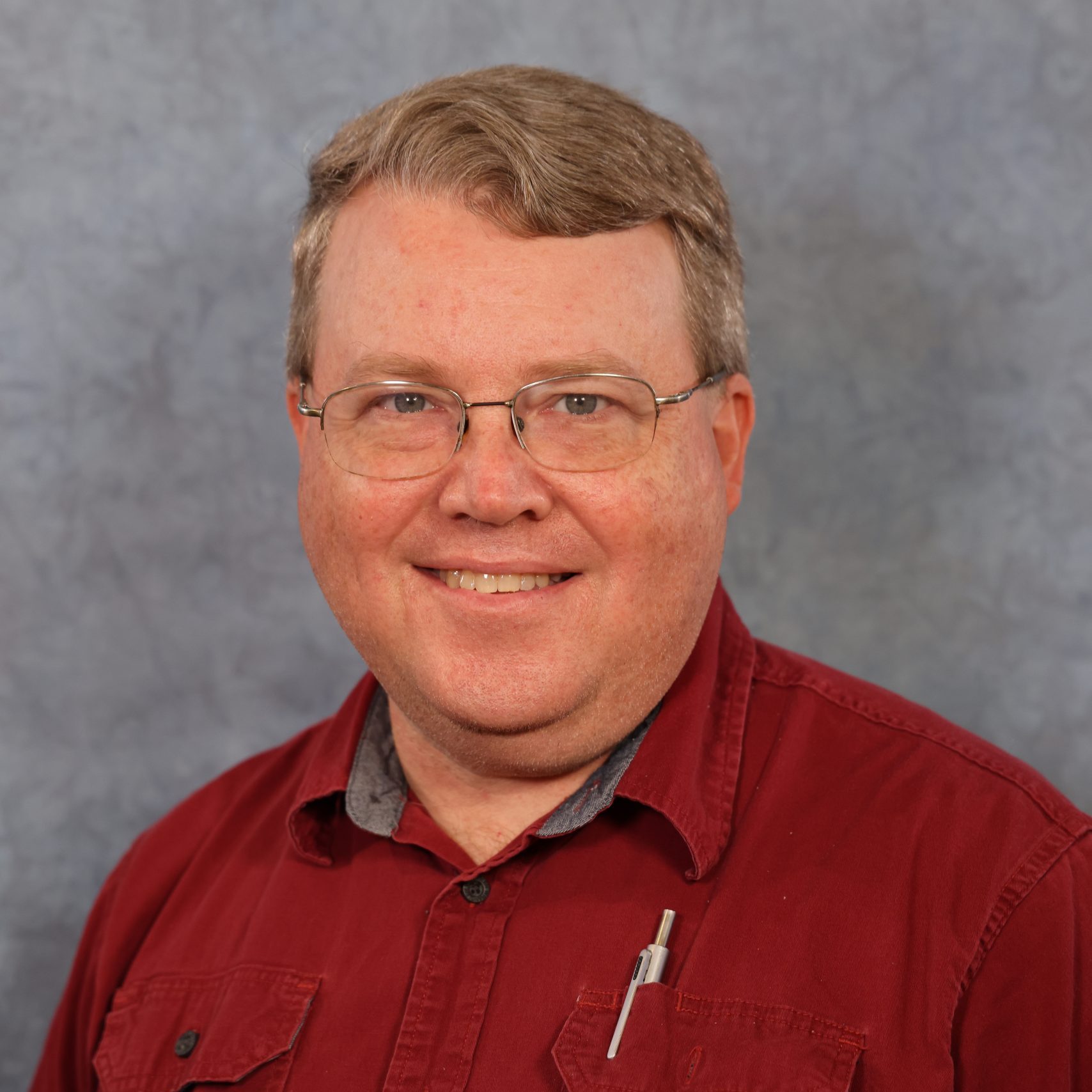Greetings from McMurry University’s Department of Physics. We provide a solid foundation in physics for physics majors, other science majors and non-science majors alike. You’ll learn physics from the ground up – conducting both applied and theoretical research in the physical phenomena of nature to learn how the universe works from the subatomic scale to that of cosmic events.
Majoring in physics or engineering physics hones your critical thinking and problem-solving skills — to satisfy your natural curiosity and inspire innovation in your chosen career field. A degree in physics or engineering physics from McMurry will prepare you for graduate-level study and/or a professional career in the field Alternatively, you can add a minor in physics to most any other McMurry degree.
